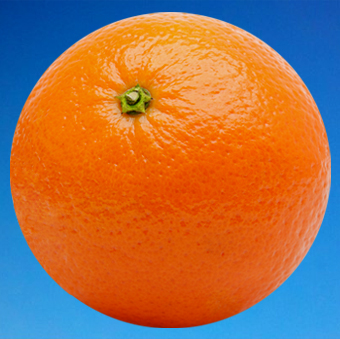
Nutrition science has long relied on averages to make dietary recommendations. From the 80s “fat is bad” paradigm to today’s “sugar is horrible” trend, it’s always been easy to vilify one food component, without digging into how each of us interact with the foodstuff we eat. Now, thanks to a massive new project led by the National Institutes of Health , nutrition science is about to get the precision treatment.
With a price tag of $156 million, the five-year-long study will examine how 10,000 Americans process food. The program, “Nutrition for Precision Health,” isn’t pulling punches. Each person will be given a highly controlled diet to reduce variability. If successful, we may soon have a scientifically-proven way of optimizing our diet and health based on our genes and gut microbes.
For those with metabolic disorders or food intolerances, the algorithms are a powerful tool to aid nutritionists in prescribing diets to those who seek help.
To NIH’s director Dr. Francis Collins, it’s high time to bring nutrition science into the 21st century. In May 2020, the agency released a 10-year plan to dig into the nitty-gritty of nutrition, tackling the “what, when, why, and how to eat” to optimize health and reduce chronic health plagues such as diabetes, obesity, and heart disease. Given the link between longevity and diet, it’ll also study the role of nutrition across our lifespans, or even how to use food as medicine.
The new program will be housed under the NIH’s flagship health project, All of Us. The research program aims to recruit one million people under its banner to build a Google Earth-style database of biology, health, lifestyle, and disease. To Dr. Griffin Rodgers, director of the National Institute of Diabetes and Digestive and Kidney Diseases , now is the perfect time to explore precision nutrition. We’re beginning to understand how the microbiome influences health.
Finally, digital health tech, offered through smartphones or smartwatches, makes everyday health tracking simple and affordable. There, they’ll be given a controlled, specific meal, and be monitored for a series of biomarkers such as how their blood sugar levels change. Here, their three meals will be strictly controlled, and outside food not allowed. While seemingly harsh, going from free range to controlled is the gold standard for nutrition science, because it weeds out other variables.
While on the diet, all three groups will undergo a series of clinical tests, ranging from genetics and microbiome composition to blood sugar levels, metabolism, and urine. With these comprehensive measures, “we are removing a lot of that ‘noise’ that we had for years, created by the factors that we were not measuring before,” said Dr. José Ordovás, a nutrition scientist at Tufts University. This library of data is then passed on to AI scientists to create models and algorithms that predict a person’s individual response to a diet. It’s not the first time a study has linked precision nutrition with AI.
In 2015, an Israeli study of 800 people monitored their blood sugar levels and microbiome to parse out how individuals respond to different types of sugar intake. But Nutrition for Precision Health is larger and far more sweeping than anything previously attempted. To Rodgers, the study isn’t just about generating “a wealth of data to fuel discovery science for years to come. ” The resulting tools, methods, and paradigm shift will have “the potential to truly transform the field of nutrition science,” he said.
